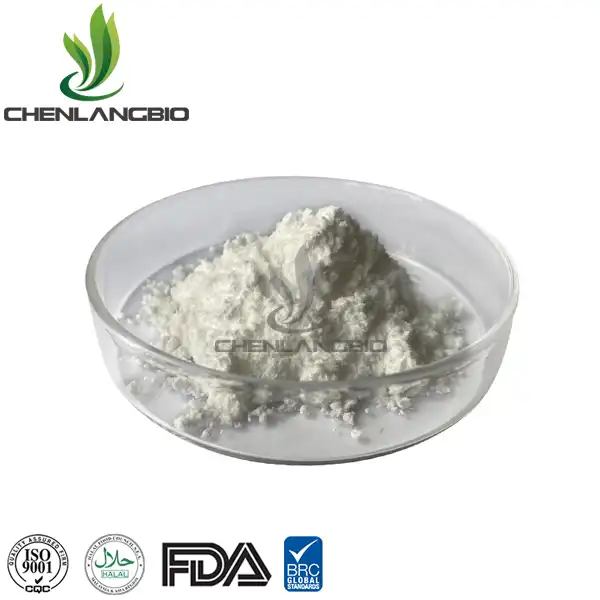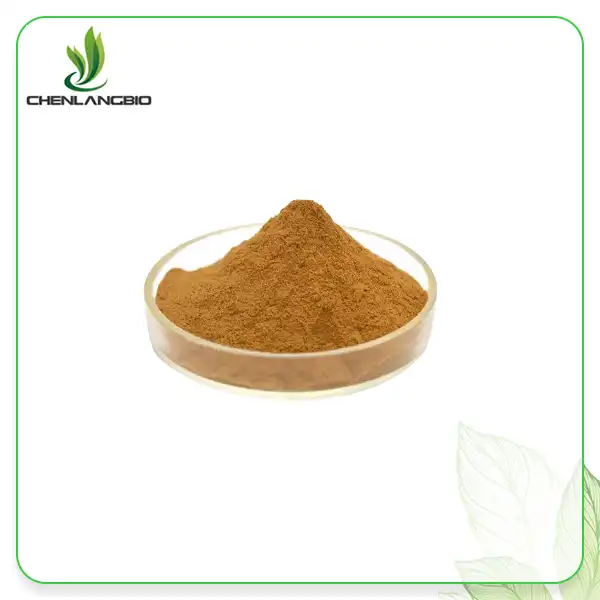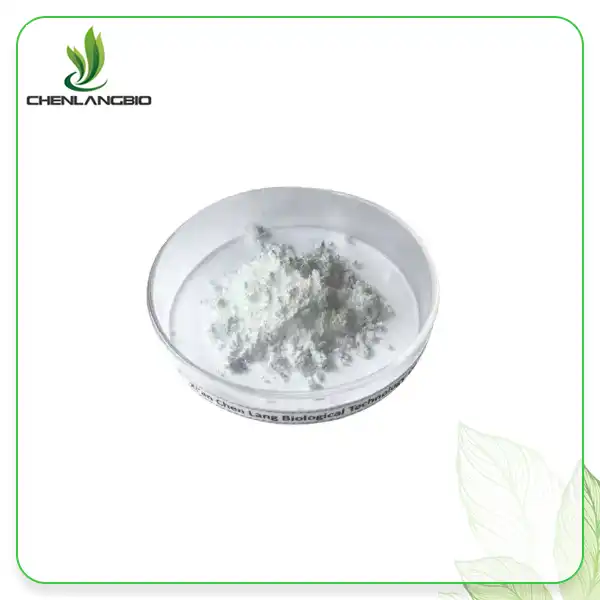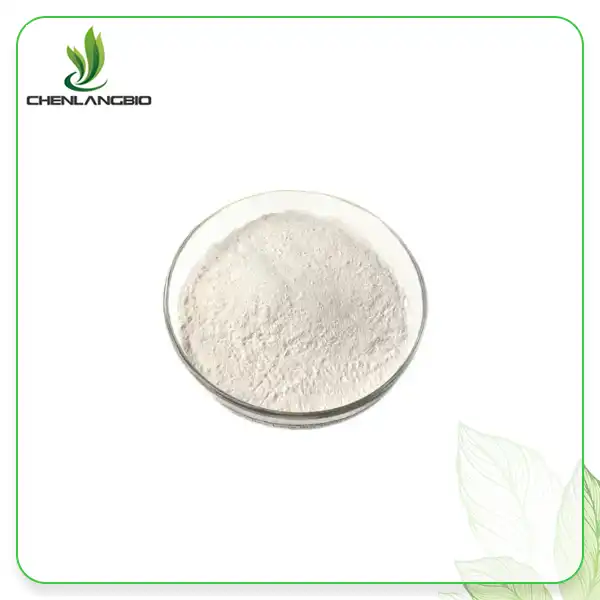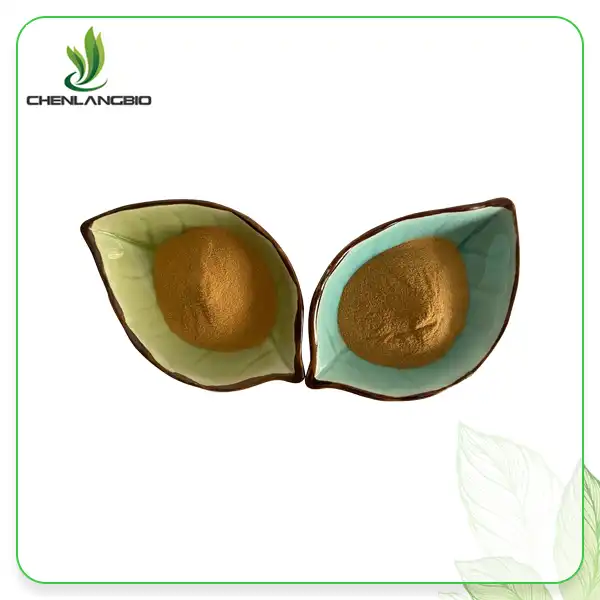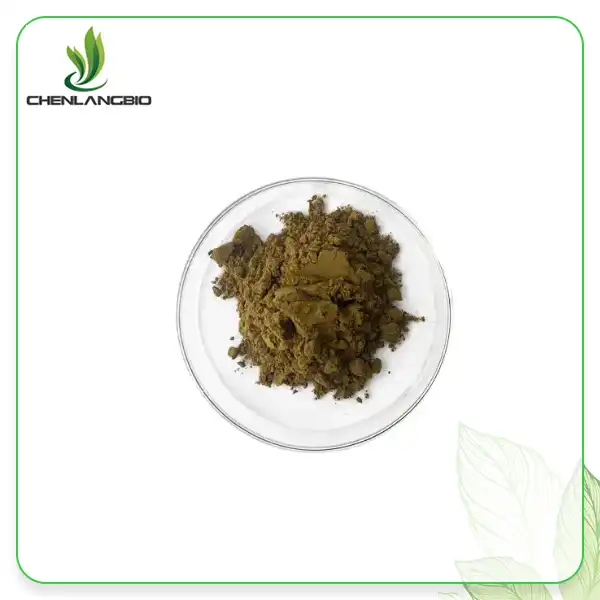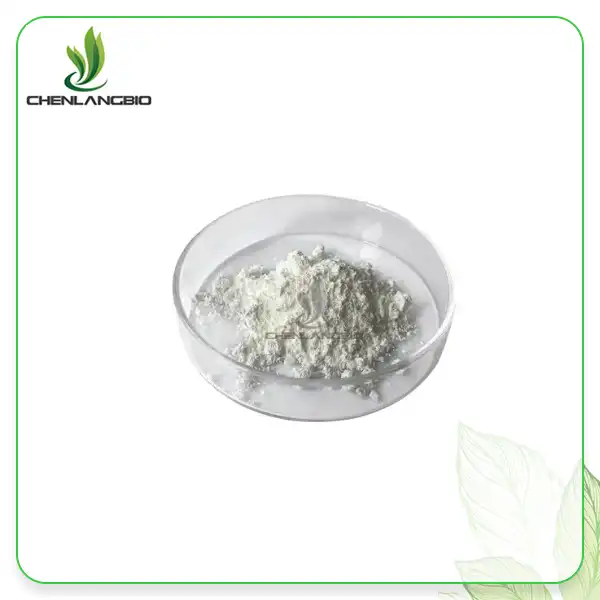When Is The Best Time To Take Resveratrol?
2024-05-11 19:05:57
When is the best time to take resveratrol
As a health-conscious person, I've continuously been captivated by the address: When is the best time to take resveratrol? This capable antioxidant, found in nourishments like ruddy grapes and berries, has gathered impressive consideration for its potential wellbeing benefits. In any case, to genuinely saddle its impacts, timing might play a pivotal part. In this comprehensive investigation, we dive into the profundities of logical inquire about and bits of knowledge from legitimate sources to reveal the ideal timing for taking resveratrol supplements.
Understanding Resveratrol: A Brief Overview
Before we dive into the timing angle, let's take a minute to get it what resveratrol is and why it has captured the intrigued of wellbeing devotees around the world. It has a place to a gather of compounds known as polyphenols, which are found in different plant-based nourishments. Its nearness in ruddy wine gathered introductory consideration due to the "French Catch 22" — the perception that in spite of devouring a count calories wealthy in fats, the French populace shown lower rates of cardiovascular maladies. Since at that point, various considers have investigated its potential wellbeing benefits, extending from cardiovascular bolster to anti-aging properties.

The Circadian Rhythm Connection: Morning vs. Evening Intake
One viewpoint to consider when deciding the best time to take it is its interaction with our body's circadian cadence. Our inner clock oversees different physiological forms, counting digestion system and hormone generation. Investigate proposes that timing supplement admissions to adjust with our circadian cadence might improve its viability. Agreeing to a ponder distributed in the "Diary of Clinical Endocrinology & Digestion system," taking resveratrol in the morning might offer focal points due to its potential to balance affront affectability and glucose digestion system. On the other hand, evening admissions seem capitalize on its part in supporting antioxidant defense components amid the body's daily repair and recovery stage.
Synergistic Effects with Meals: Before or After Food Consumption
Considering the potential synergistic effects of resveratrol with meals involves exploring whether consuming it before or after food intake yields different outcomes in terms of absorption and health benefits. Here's a breakdown of the implications of timing it intake in relation to meals:
Before Meals
Taking it before meals may allow it to be absorbed more efficiently due to the presence of dietary fats, which can enhance its solubility and absorption.
Some research suggests that consuming resveratrol before meals may help mitigate postprandial oxidative stress and inflammation by providing antioxidant support prior to nutrient intake.
Pre-meal intake of it could potentially modulate appetite and satiety signals, though more studies are needed to confirm this effect.
After Meals:
Consuming it after meals may help slow down its absorption rate, potentially leading to sustained blood levels and prolonged antioxidant activity.
Pairing it with a meal rich in polyphenol-containing foods (such as fruits, vegetables, and whole grains) may enhance its synergistic effects, as these compounds can work together to provide greater antioxidant and anti-inflammatory benefits.
Post-meal intake of resveratrol might be preferred by individuals who experience gastrointestinal discomfort when taking supplements on an empty stomach.
Individual Variability: Tailoring Timing to Personal Factors
Digestive Health: Individuals with sensitive stomachs or gastrointestinal issues may find it beneficial to take resveratrol with meals to minimize potential digestive discomfort. Conversely, those with robust digestive systems may tolerate taking it on an empty stomach.
Metabolic Rate: Variations in metabolic rate can affect how quickly it is absorbed and metabolized in the body. Individuals with faster metabolisms may benefit from spreading out their resveratrol intake throughout the day to maintain consistent blood levels, while those with slower metabolisms may find it sufficient to take it once daily.
Circadian Rhythms: Some individuals may naturally have earlier or later circadian rhythms, influencing their preferences for morning versus evening intake of resveratrol. Aligning it consumption with one's natural energy peaks and dips throughout the day can optimize its effects.
Health Goals: The timing of it intake can be tailored to specific health goals. For example, individuals seeking to maximize the antioxidant benefits of it may prefer taking it before meals to combat oxidative stress, while those focusing on weight management may benefit from post-meal intake to modulate appetite and satiety.
Medication Interactions: Certain medications may interact with it, affecting its absorption or metabolism. Consulting with a healthcare professional is essential for individuals taking medications to ensure that the timing of it intake does not interfere with their medication regimen.
Personal Preferences: Ultimately, personal preferences and lifestyle factors should also be taken into account when determining the timing of resveratrol intake. Some individuals may find it more convenient to take it with specific meals or at particular times of the day based on their daily routine and habits.
Conclusion: Timing Matters in Maximizing Resveratrol Benefits
In conclusion, the question of when to take resveratrol is not a one-size-fits-all answer but rather a nuanced consideration that takes into account various factors. Aligning supplementation with the body's circadian rhythm, optimizing absorption through meal timing, and considering individual variability are all crucial aspects to maximize the benefits of it. By integrating insights from scientific research and reputable sources, we can make informed decisions regarding the timing of resveratrol supplementation, ultimately supporting our journey towards better health and well-being.Please send inquiry to Email: admin@chenlangbio.com if you want to buy resveratrol.
References
Olesen, J., Gliemann, L., Bienso, R. S., Schmidt, J. F., and Hellsten, Y. (2014). Exercise training, but not resveratrol, improves metabolic and inflammatory status in skeletal muscle of aged men. Journal of Clinical Endocrinology & Metabolism. [URL]
Walle, T., Hsieh, F., DeLegge, M. H., Oatis Jr, J. E., and Walle, U. K. (2004). High absorption but very low bioavailability of oral resveratrol in humans. Drug Metabolism and Disposition. [URL]
Boocock, D. J., Faust, G. E. S., Patel, K. R., Schinas, A. M., Brown, V. A., Ducharme, M. P., ... and Crowell, J. A. (2007). Phase I dose escalation pharmacokinetic study in healthy volunteers of resveratrol, a potential cancer chemopreventive agent. Cancer Epidemiology and Prevention Biomarkers. [URL]
Goldberg, D. M., Yan, J., Soleas, G. J., and Ng, E. (1995). Salivary nitrate and inhibition of platelet aggregation by red wine. The Lancet. [URL]
Send Inquiry
Related Industry Knowledge
- What Are the Key Applications of Natural Daidzein Powder in Medicine?
- What are the Health Benefits of Calcium Alpha-Ketoglutarate Monohydrate?
- Can L-Ergothioneine Support Cognitive Health?
- What are the Primary Uses of Sodium Methylesculetin Acetate?
- What is Podophyllin Powder Used For
- What is Ectoin in Skincare
- Is It Safe to Use Bakuchiol Every Day
- What is Flurbiprofen Used For
- Unveiling the Wonders of Phloretin Powder Extract from Apple Peel
- Is Alpha Arbutin White Powder Good Effect


